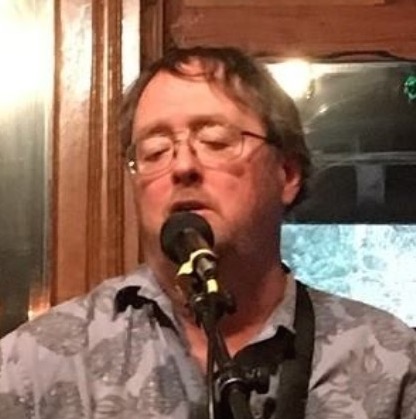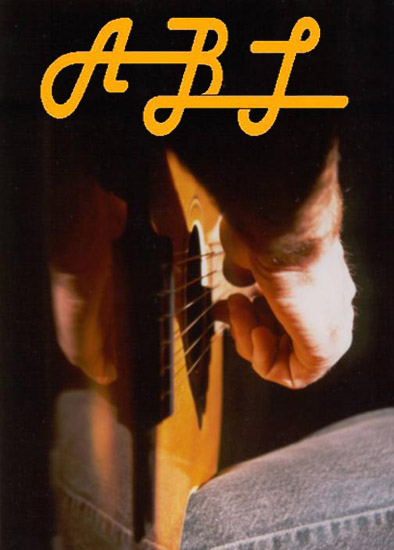|
Column Archive |
||
June, 2016 |
PROs |
by Webmaster |
|
I received an email from Warren Floyd, a professional musician. It caused me to think about a problem I've observed since I started performing with bands, 16 years ago. (Warren's comments are indented and italicized throughout this column.)
When people record my songs, they have to pay me for each song based on the number of CDs they produce and sell. This is mechanical licensing. I get paid for being the songwriter and for being the song publisher. When people perform my songs, they don't have to pay me. They don't even have to give me credit for writing the song. If my songs are performed in a venue or played on the radio, I should collect performance royalties. Performance royalties for songs are paid into Performing Rights Organizations (PROs) by radio stations, venues, and TV networks. The PROs distribute the money to the songwriters and publishers who are members of their organizations. The intent is to help songwriters get paid for the use of their songs. This is great, in theory.
Unfortunately, the PROs don't distribute the money equitably. In part, it is due to the radio stations and venues, not all of which report what they play or what is performed in their venue. But, even if every performance of every song were reported, some songwriters whose songs were aired or performed would still not receive any royalties. ASCAP's policy is to distribute 80% of the performance royalties to the “top” songwriters and publishers. I was told it was the top 20% when I was an ASCAP songwriter and publisher, 20 years ago. They determine who the top songwriter and publishers are. They determine who the bottom 20% of the songwriters and publishers are, and those people get nothing. No matter how many times their songs are performed and played, they get nothing.
BMI is friendlier to those of us who are not in the top 200 or 20%. They have a program, BMI LIVE, which allows performing songwriters to enter their venues and song lists and get paid quarterly for the original songs they perform. It does not pay them for their songs which are played by other artists, unless the other artists are also members of BMI LIVE and spend the time to give their fellow songwriters credit. If I attend a show in which someone performs my songs, I can NOT enter it into BMI LIVE because I didn't perform it or I wasn't part of a band that performed it. The PROs look at the venues which hire me and other songwriters like me, and demand that they pay performance royalties on my songs, money which I will never receive. (I'm fairly certain that BMI uses BMI LIVE entries to locate venues so they can demand payments from them.) They say that it's in my interest, to protect my rights as a songwriter.
But wait, it gets worse. I play coffee houses. Not Starbucks, but small Mom-and-Pop coffee houses, in small communities. Their seating capacity might be 15-20 people. I play in locally-owned and -run restaurants with my band. These restaurants might have a seating capacity of 60-70 people. The PROs will charge them fees based on the seating-capacity of the venue. BMI groups seating-capacity. The lowest fee seating-capacity group is 0-250 people. Forcing small coffee houses to pay a much as a 250-seat concert hall, at which tickets are sold, puts coffee houses out of business. I've seen it happen too many times in the last 16 years.
To add more injuries to small venues, venues have to buy licenses for BMI, ASCAP, and even SESAC (initially overseas royalties).
What's the end result? More money to songwriters? NO! Far less money to songwriters because we can't find venues in which to get paid to play our songs and sell our CDs.
The PROs have shut down so many venues, at this point it is almost impossible for a performing musician to make a living.
PROs are no longer about the rights of songwriters. They are about making gross (in every sense of the word) profits. It's big business and the little guy is being deliberately shut out. Any who attempts to defy ASCAP discovers that the jurisdiction is automatically transferred to New York City, ASCAP's home town.
In a time when corporations have more rights than people, and privately-owned business are being eliminated by giant corporations, it's hard to find a solution. Money rules, and the PROs, especially ASCAP, are big business.
The 20 or so amateur musicians who attend the weekly jam at a music store in Denver put money in a can every week to pay the PROs for the right to gather and play music.
Due to the availability of music on the internet, with the proceeds (such as they are) directly to the songwriter-performers, the PROs are not making as much money as they used to. They need to make up the income somewhere, and they're doing it at the expense of the songwriter-performers. How do we, as performers, build our fan base and fill our venues with our fans if our attempts to advertise result in the elimination of the venues where we work? How does AcousticByLines.com benefit it's members, if publicizing their events ultimately causes the venues to close their door, either permanently or to performing musicians? Because of what happened to Warren, I asked the members of AcousticByLines if they want me to continue to publicize their events.
I don't publish Warren's gigs on AcousticByLines.com any more. He needs the money and I don't want to cause any more of his venues tp be shut down. I wrote this column a few months ago, and hesitated to publish it because of the increased attention it might draw to the venues that still hire live musicians. But I see this as a problem and I feel that I have a right to free speech. No one has to pay performance royalties on that, yet. Thanks for visiting AcousticByLines.com. |
|||
| TOP | |||


